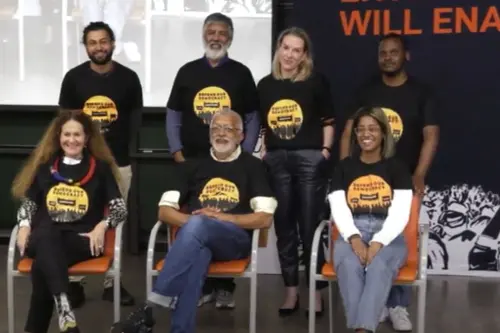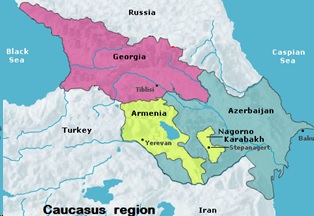 This Movement intends to promote human rights and enhance democratic values and processes embedded in the Constitution.
This Movement intends to promote human rights and enhance democratic values and processes embedded in the Constitution.
Participants renewed their commitment to the Constitution of the Republic of South Africa and established Defend Our Democracy as a progressive civil society movement. Issues flagged by those present included local and global threats to democracy, a lack of active citizenry for transformation and accountability, and the problem of young people having no agency to respond to their generational mission.
| This is a South African movement officially launched as a civil society movement on May 27 in Illovo, established to defend Constitutional democracy. They issued the Conference Paper for a Democratic Renewal and Change as a discussion document. «This call for comment serves to gather all input made by all members of the public and sectors of society. The discussion document serves to convene and facilitate conversation on democratic renewal and change.» |
- Hits: 1728

 exchange of views with Latvian Foreign Minister Edgars Rinkēvičs in the framework of Latvia’s Presidency of the Committee of Ministers.
exchange of views with Latvian Foreign Minister Edgars Rinkēvičs in the framework of Latvia’s Presidency of the Committee of Ministers. Brussels, May 23.– On March 30th, journalist
Brussels, May 23.– On March 30th, journalist 